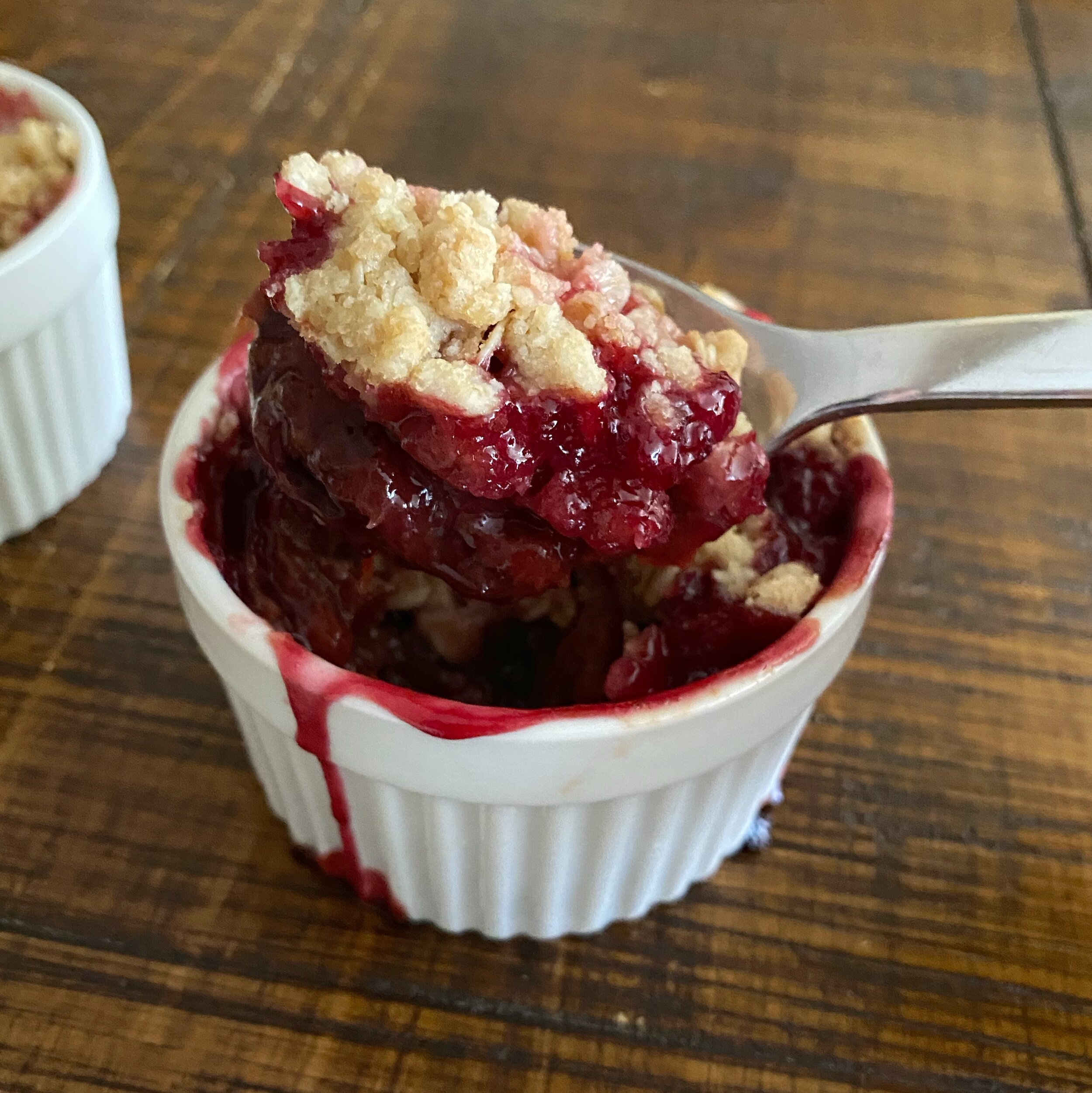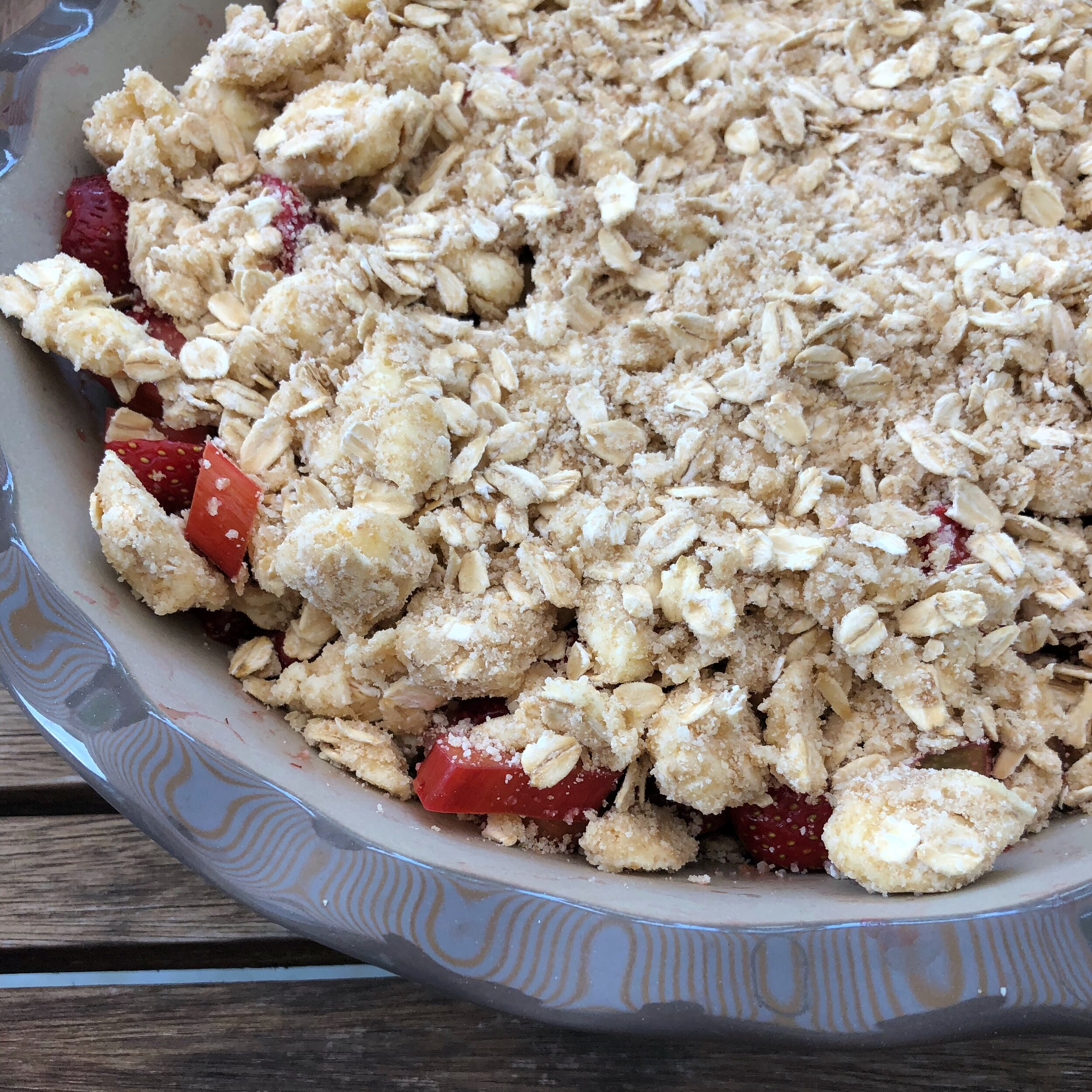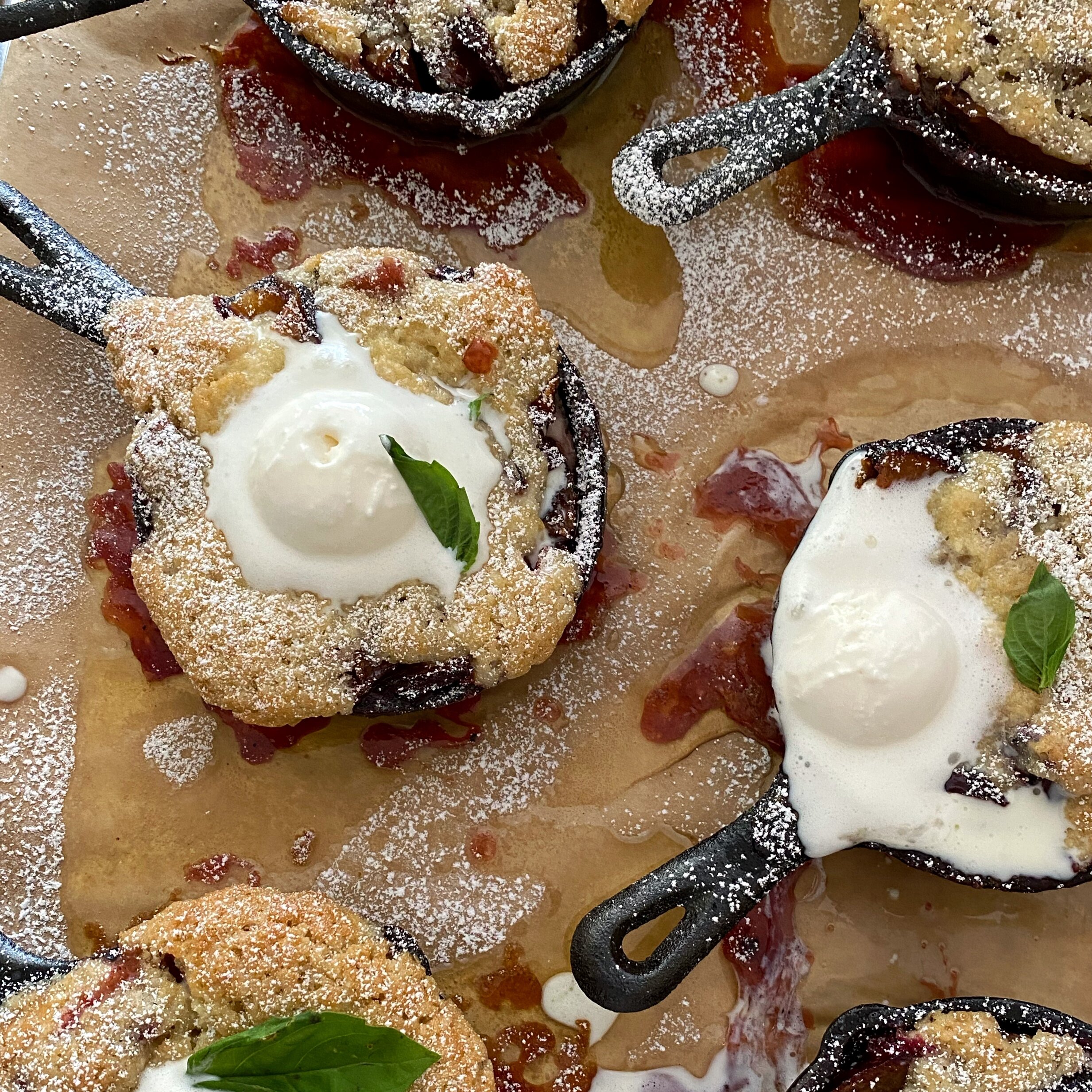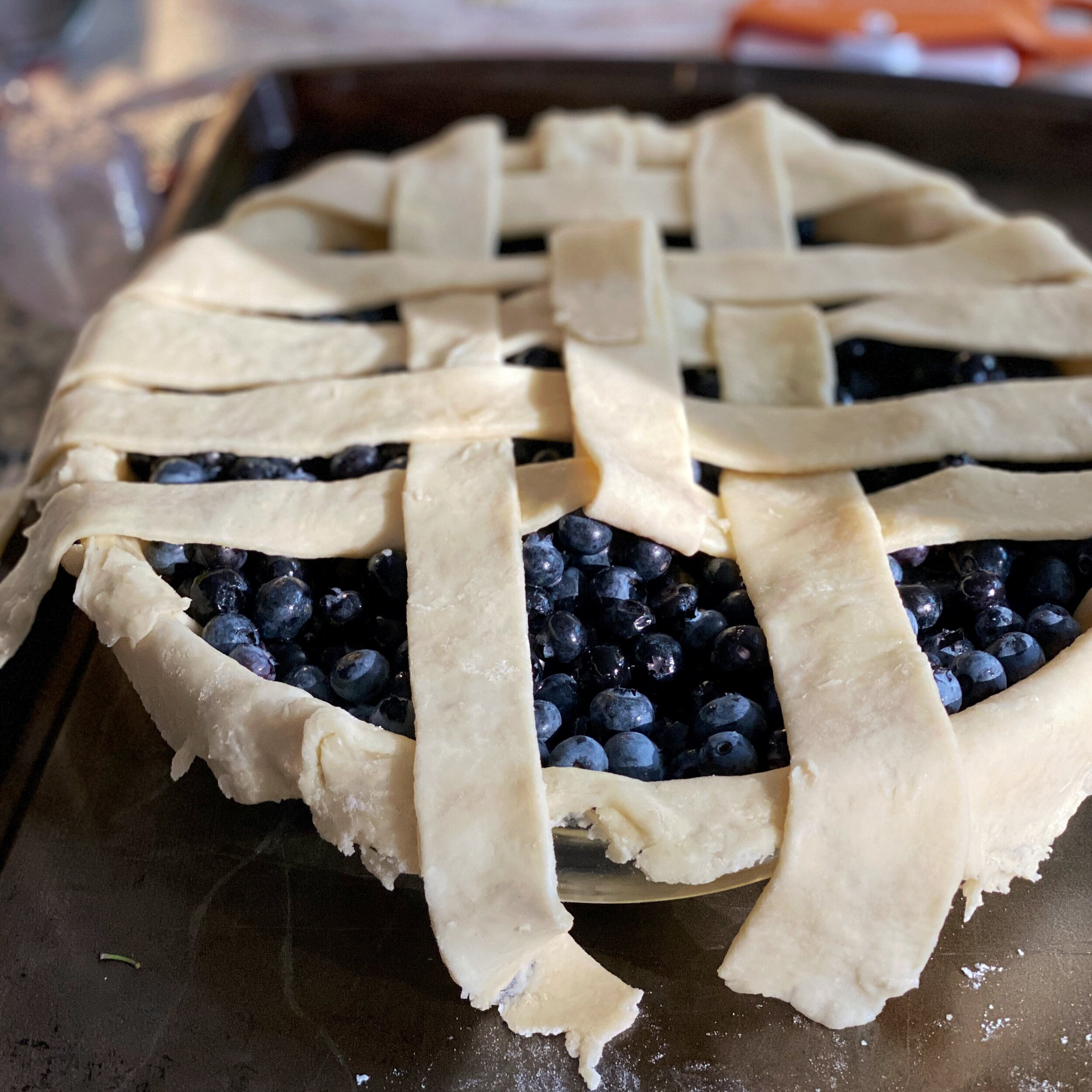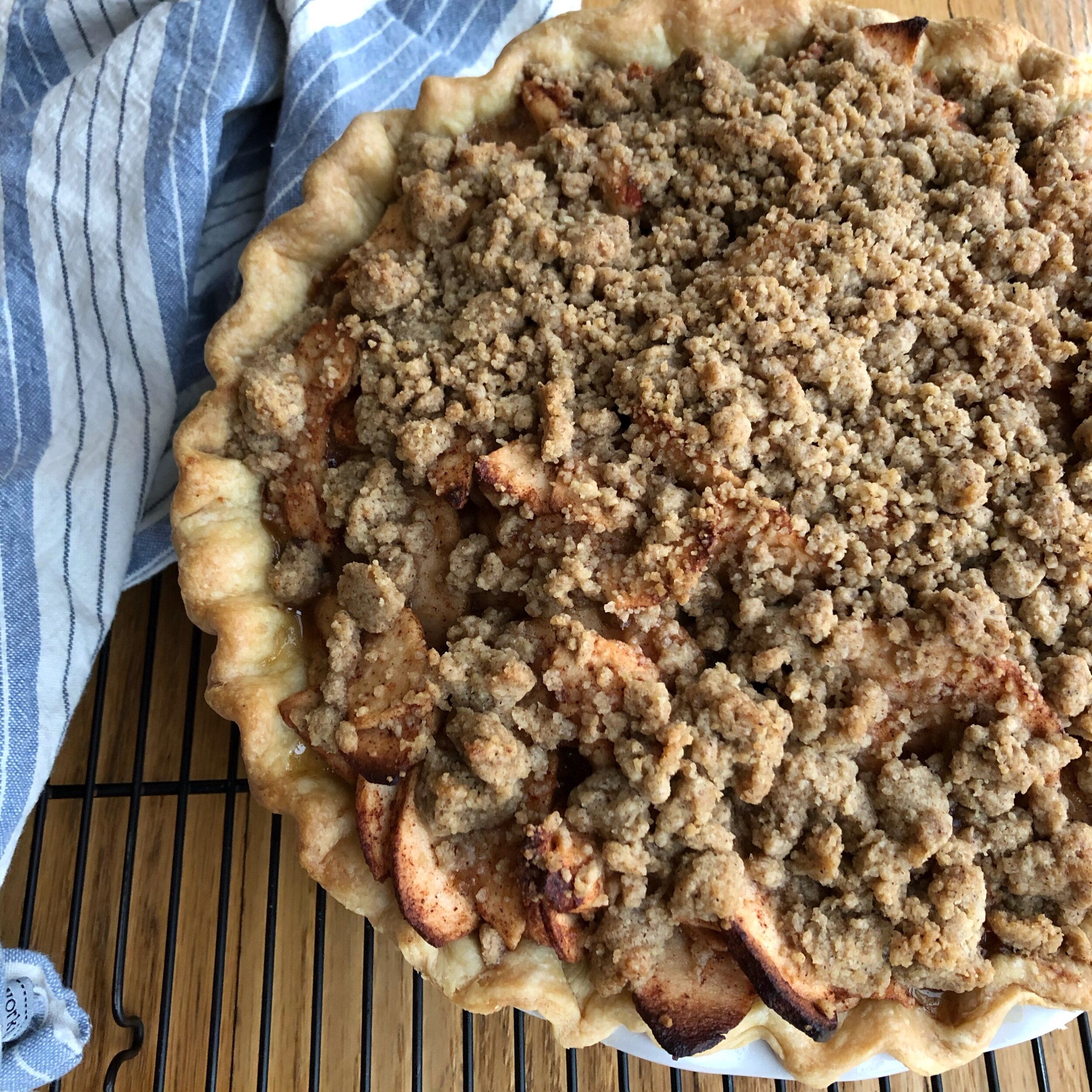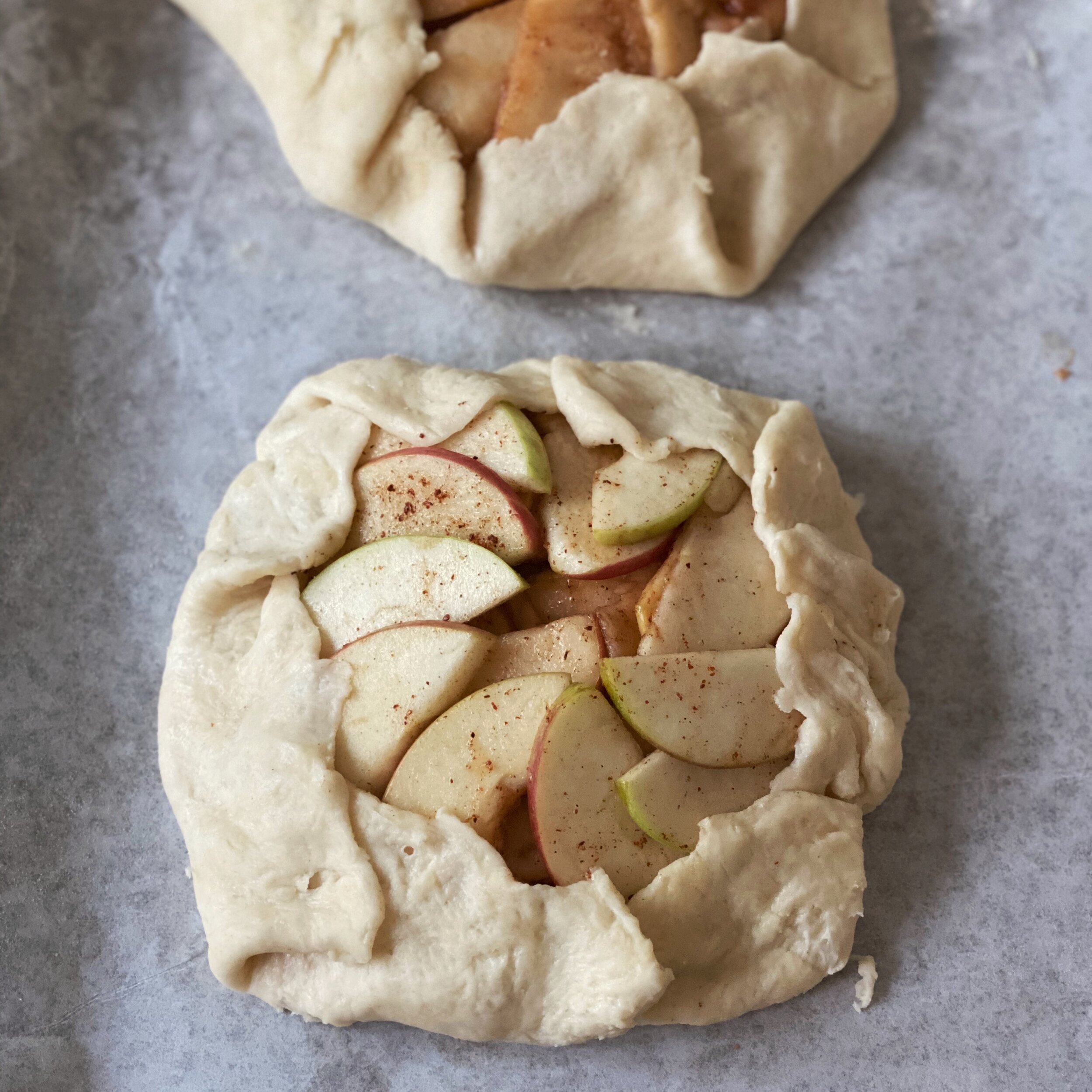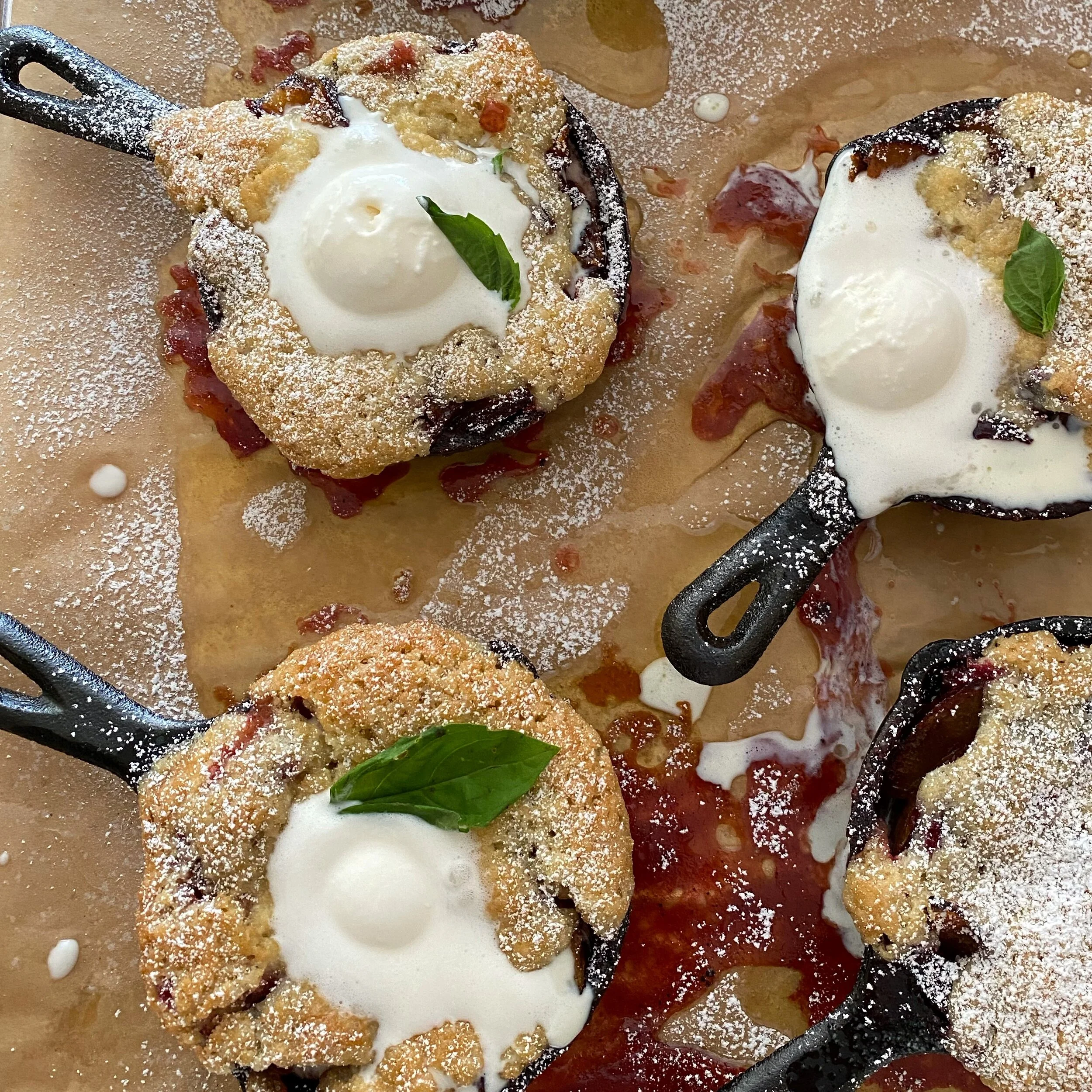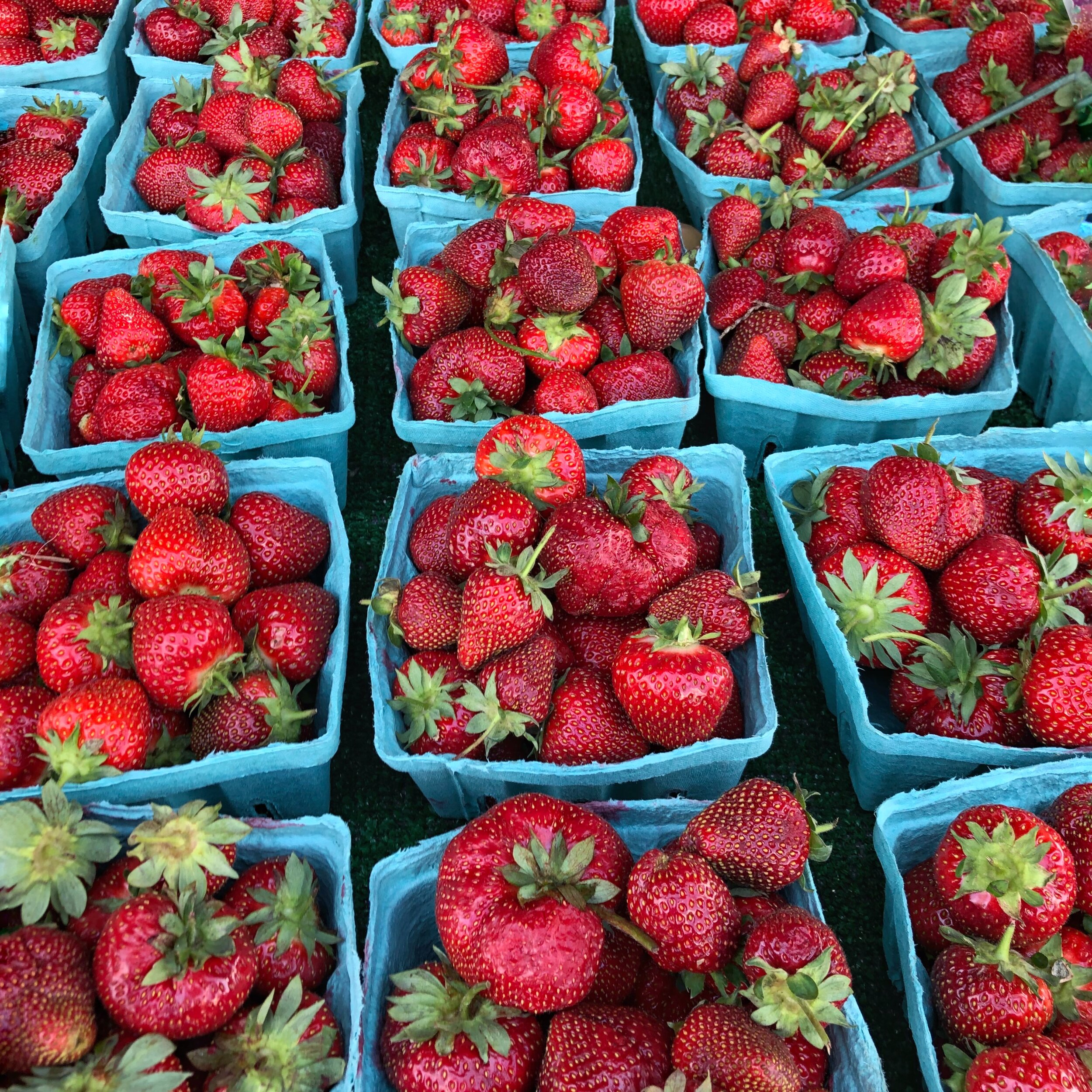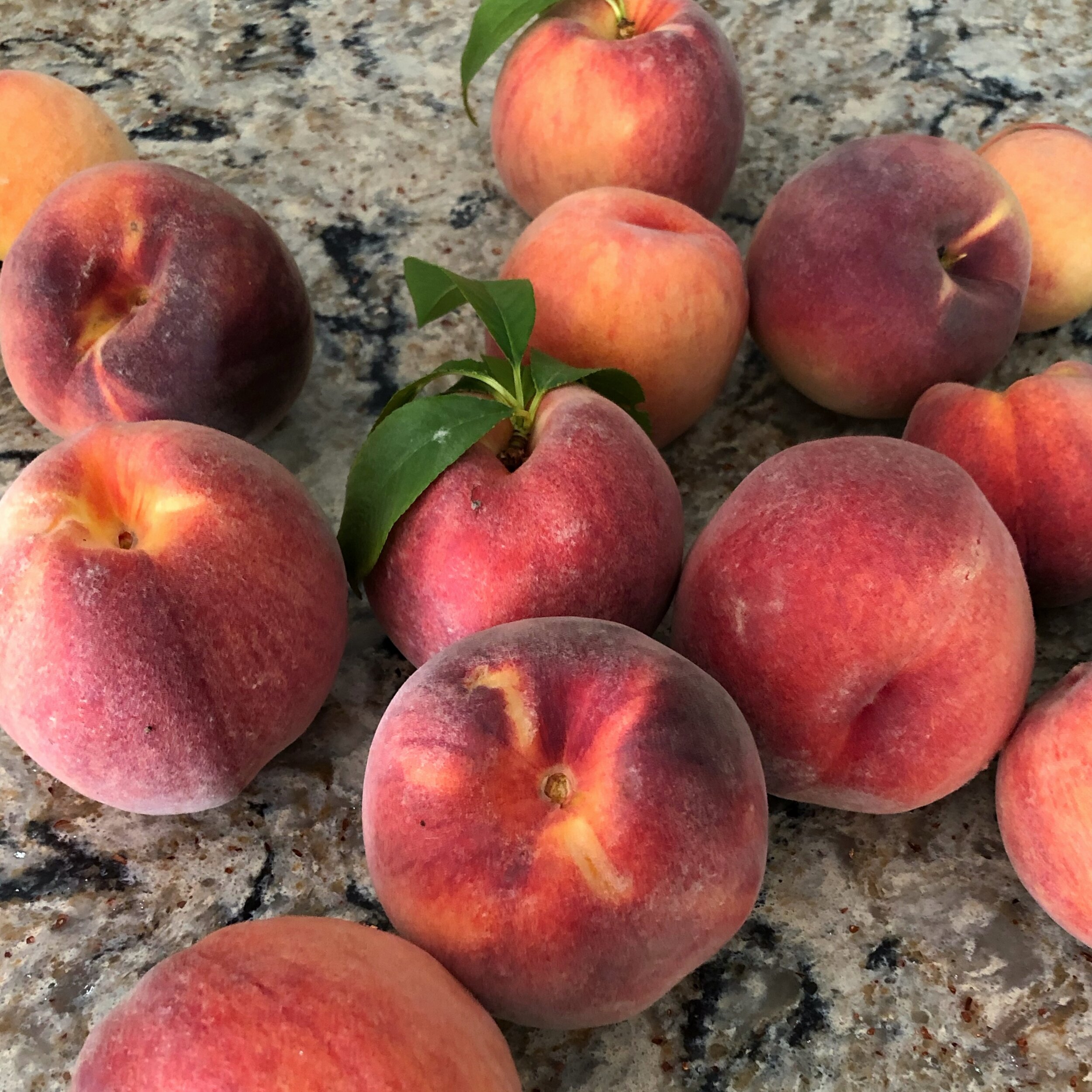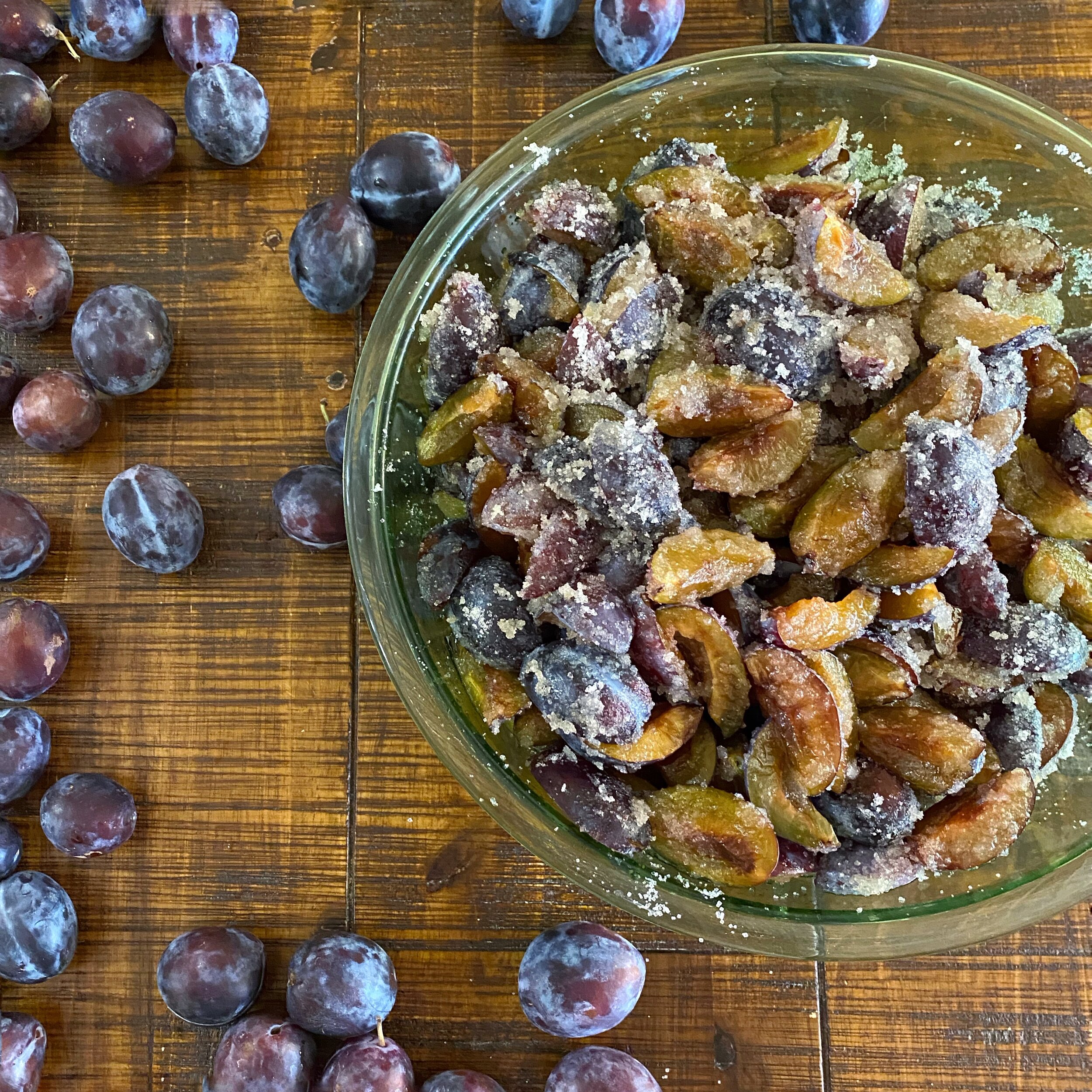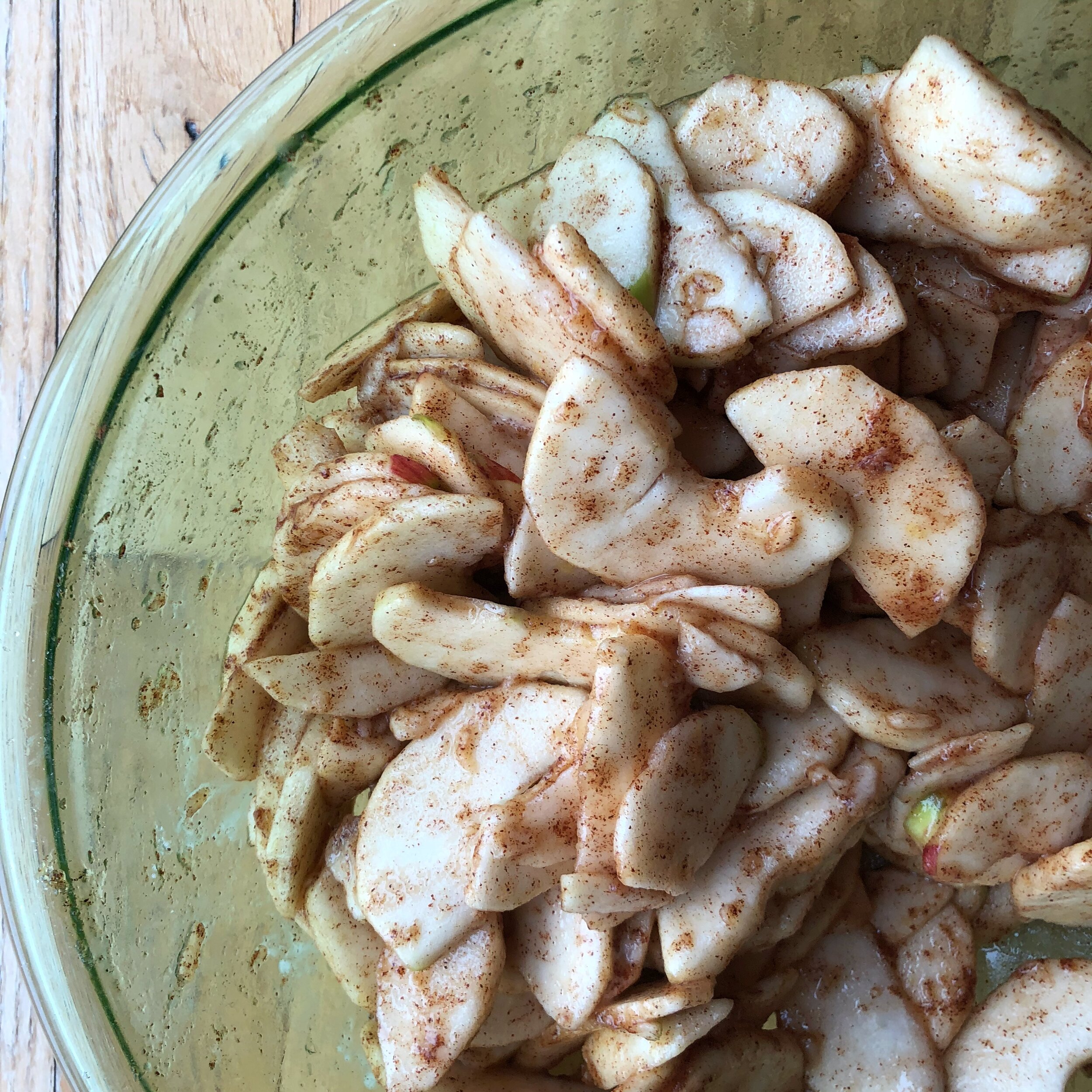You have some delicious fresh seasonal fruit. And naturally you want to bake that into a dessert. But which one? When you start searching for recipes, you get lost in the jargon, or find that while you had hoped to bake a pie, you don’t have time for proper chilling. Should you run out and get eggs for that cobbler recipe? And what’s the difference between a crumble, crisp and cobbler anyway? This post solves all of that. You won’t need another baked fruit recipe ever again because this has you covered from berries and rhubarb to peaches and apples. With 6 baking variations that can be applied to at least 12 fruits, that’s 72 potential desserts for a year-round sweet tooth.
You can use strawberries, cherries, raspberries, blueberries, peaches, plums, apricots, figs, apples, pears, grapes, or cranberries. But when you add rhubarb into this mix, and assemble combinations like peach-blueberry, mixed berry, and cranberry-apple, or add in spices, the possibilities are truly endless. Don’t ask me to do the math. I need a homeschooling break.
Some notes on variations before you begin. When I say these recipes are flexible, I really mean it. You can take liberty with the fruit filling, not only in the combinations but in the sugar level, spices, and fruit to topping/crust ratio.
Sugar
I don’t like my desserts particularly sweet. Instead, I aim for the fruit’s flavor to shine with a bit of tartness. My recipe reflects this and contains a minimal amount of sugar. The fruit filling is very versatile: If you like things more sweet, add a touch more sugar. If you like things less sweet, you can certainly cut back, but note that this might yield less syrup or caramelization. I also recommend tasting your fruit and adjusting sweetness appropriately. You can also use any type of sweetener, including turbinado, coconut sugar, brown sugar, maple syrup or crystals and honey. For the toppings, especially the cobbler, I wouldn’t adjust the sugar much at all since this will affect the texture and bake.
Fruit to Topping Ratio
You can control the fruit filling to topping/crust ratio with the shape and depth of the vessel you choose. If you like a lot of fruit and not so much topping, choose a deep dish (about 2-3 inches deep) and if you like more topping, go for a wider shallower dish (about 1 inch deep) that will provide more surface area for scattering the topping or covering with pie dough.
The fruit filling
Yield: 10-12 servings
For all of the following desserts, start by preparing the fruit the same way.
What You Need:
5 cups fruit, (2.5 pounds peaches, plums, apricots, apples, etc. and 2 pints blueberries, raspberries, cherries, etc.) peeled if desired, pitted, sliced 1/4 inch thick or diced into 1/2 inch chunks
⅓ cup sugar (white, brown, cane, turbinado, raw, maple crystals, or coconut)
3 pinches fine sea salt
1-2 teaspoons ground spices (cinnamon, cloves, ginger, cardamom, etc.) or the insides of a vanilla bean, optional
Zest and juice from one lemon*, optional but highly recommended
2 tablespoons tapioca flour/starch or cornstarch
*note: with cranberries, pears and apples, try orange in place of lemon, and only use half of a medium orange
What You Do:
In a large bowl, stir together the prepared fruit, sugar, salt, spices, lemon zest, and lemon juice.
Cover and allow to sit at room temperature for at least 30 minutes and up to 3 hours. You can refrigerate if you choose but this is not necessary.
Immediately before baking, stir in the tapioca flour/starch or cornstarch. Note: you can omit this with apples.
Proceed with the specific instructions for each baked dessert.
6 Baked Fruit Desserts
Below are my 6 go-to arrangements, but there are so many others out there by other names — betties, buckles, grunts. I’ll add those soon enough. See the descriptions of each below and click for the recipe.
